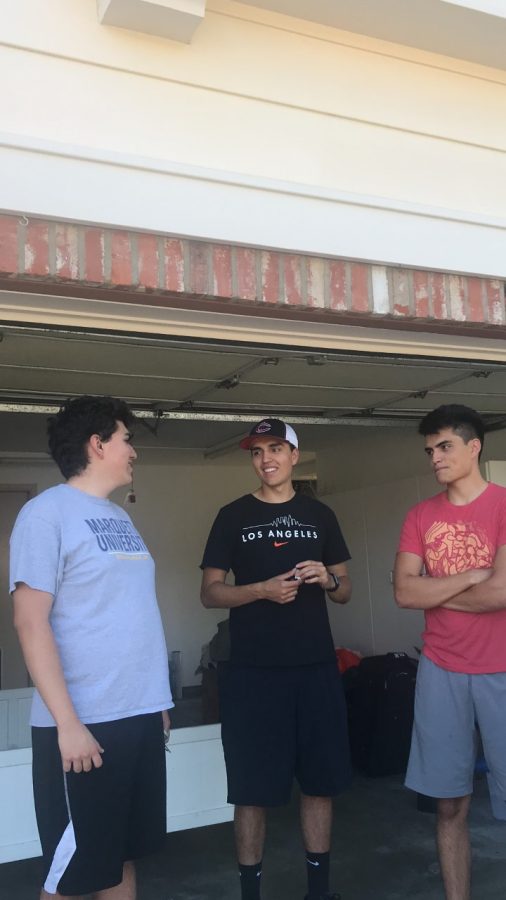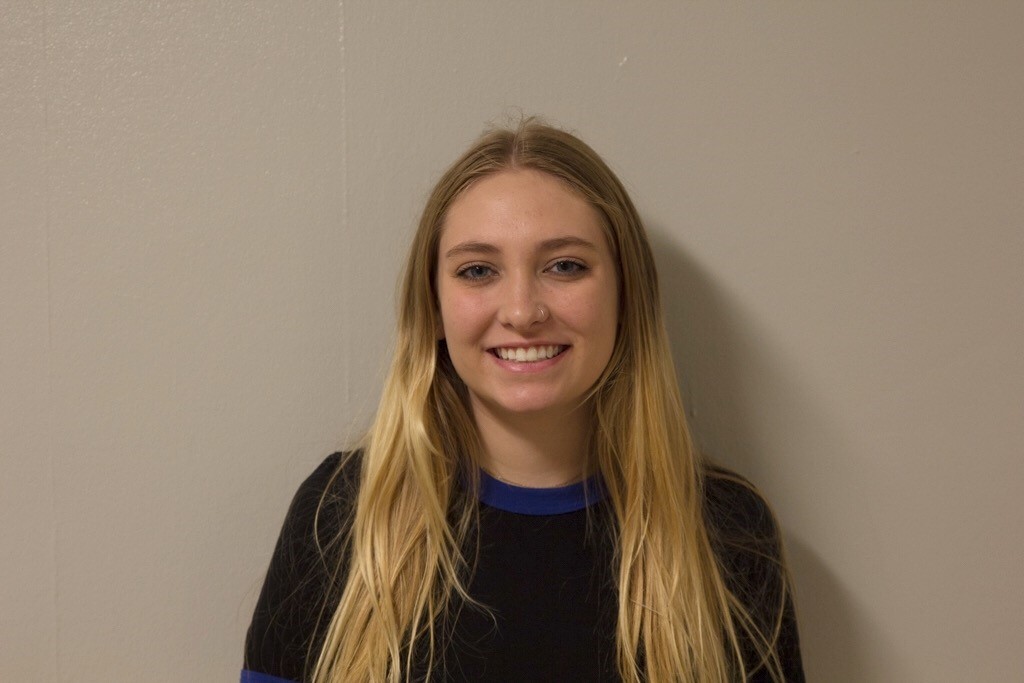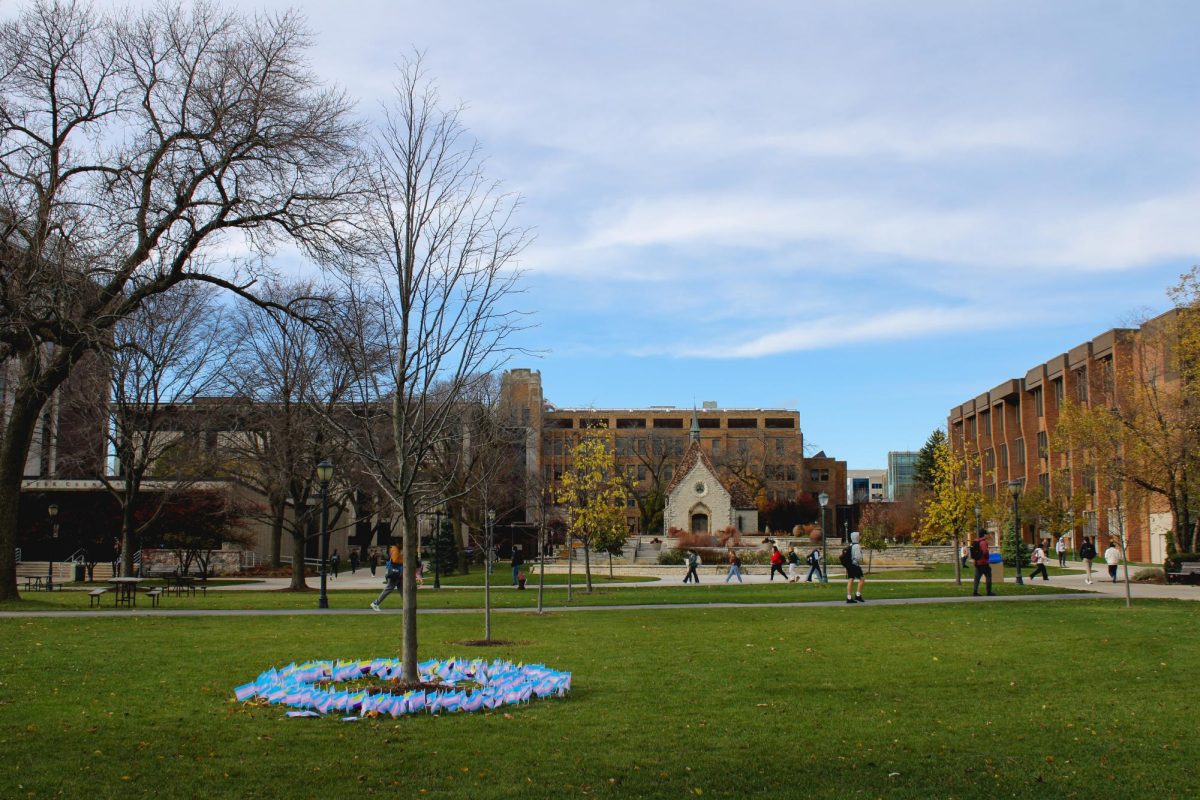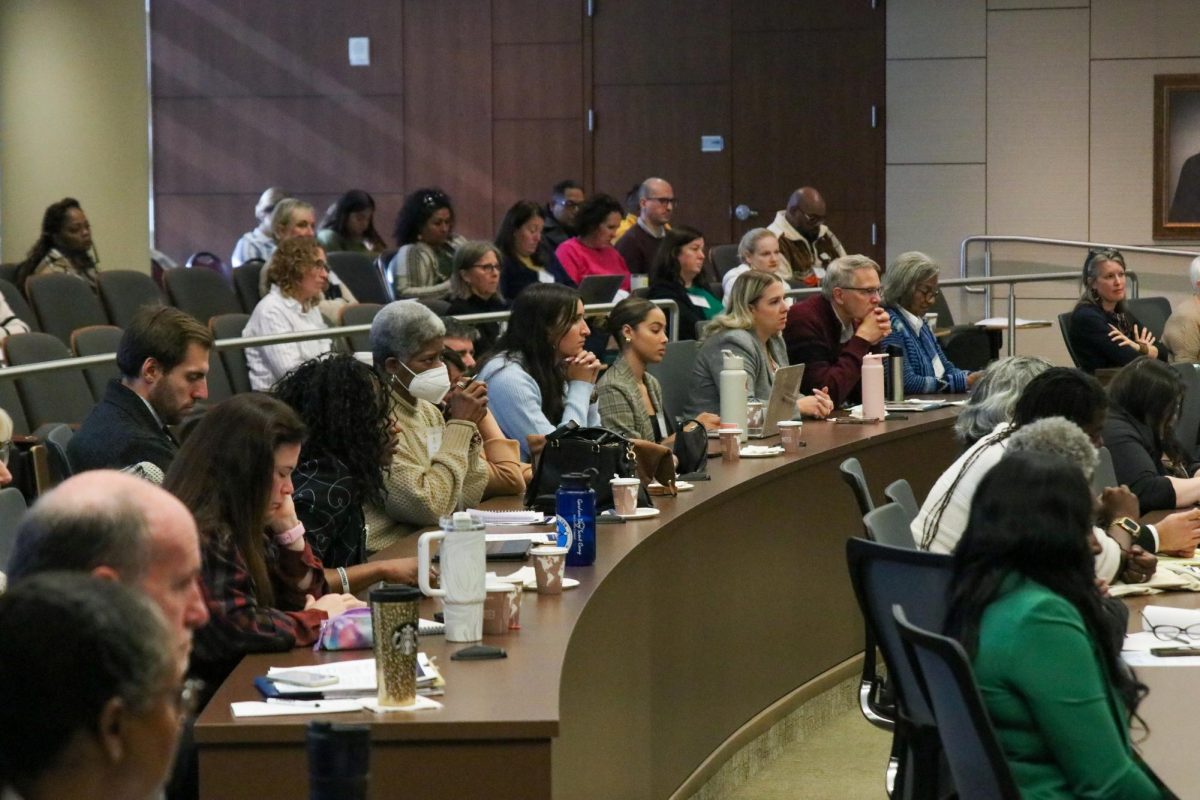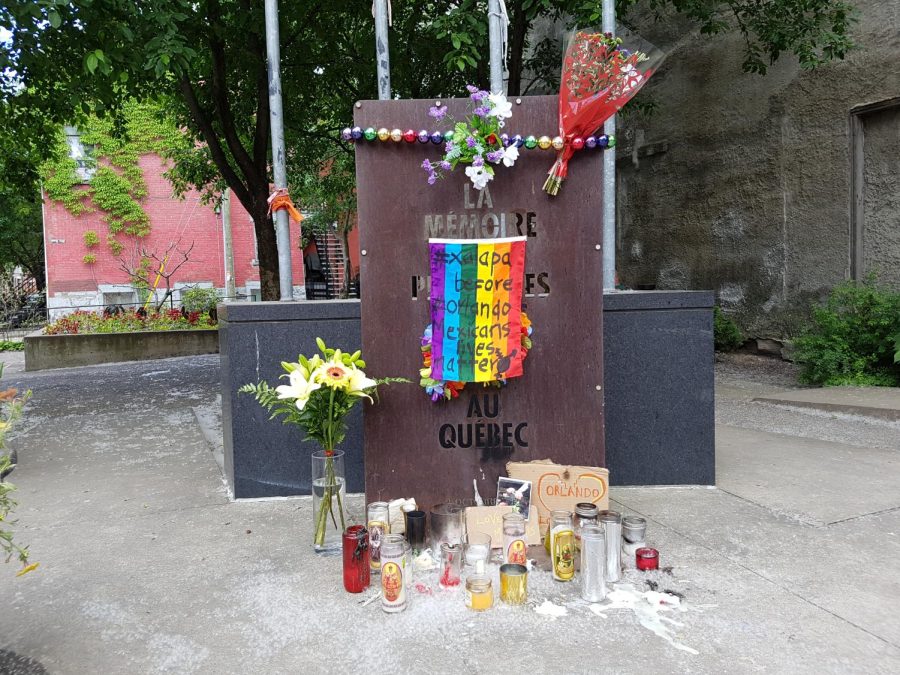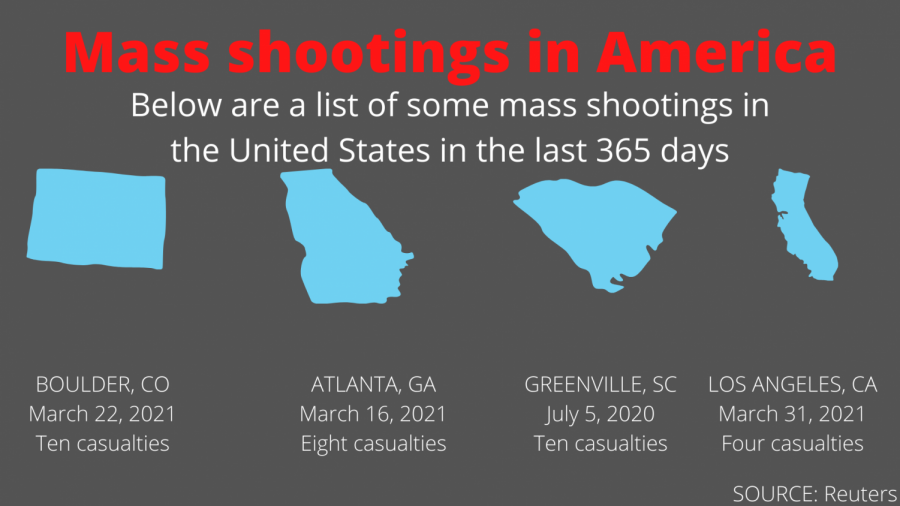Last Wednesday, I was finishing my recordings for the weekly episode of the Wire Weekly newscast before I was heading home for Easter break. The packages included news about students at Marquette getting vaccinated, as well as coverage about the recent mass shootings in Atlanta, Georgia and Boulder, Colorado. I thought that was going to be the extent of the gun violence that I would be covering for the week — sadly, I was wrong.
Later that night, I got a notification on my phone. Four people killed in a shooting in Southern California.
When I read that, I was overwhelmed. I was frustrated because I had already completed the recording and couldn’t go back to add the newest update before the newscast aired the next day. I soon was confused, because that was my first response instead of being frustrated at another instance of gun violence. Above all else though, I was heartbroken.
I lived in Orange County for seven years. I went to middle school in Orange, the city where the shooting happened. The shooting occurred at the offices of Unified Homes, a small, family-owned real estate business.
The issue with gun violence in America is that we see it too briefly covered in the daily news cycle. Almost every time a mass shooting happens, it no longer is deemed newsworthy after a week. We have been conditioned to tune it out.
I have the privilege to not be personally affected by any instance of gun violence, but I couldn’t help but think about the ways I have seen gun violence reach local communities that I have been a part of. I vividly remember being in Johnston Hall on Marquette’s campus and the whole newsroom standing still and reacting to the news breaking about the Molson Coors shooting Feb. 26, 2020.
Whether you choose to think about it or not, there is hardly any community in America that hasn’t been affected by gun violence. In our country, it is a privilege to not have any exposure to gun violence, instead of a right.
The most infuriating part about the cultural cycle regarding gun violence is the lack of political action. Regardless of what your stance may be on gun laws or gun control, it is clear that something needs to be done. Yet that is the biggest issue with gun violence in American politics— nothing ever gets done.
We can discuss solutions and various policies all day, but what is the point if nothing changes anyway? Gun violence happens all over the world, yet few countries experience it to the extent that the United States does. According to a 2017 Institute for Health Metrics and Evaluation study, there are 4.43 violent gun deaths per 100,000 people in America.
The responsibility to change the conversation around gun violence lies not only on the shoulders of politicians but journalists as well. According to the Gun Violence Archive, there have been more than 100 mass shootings in 2021 already. The Congressional Research Service defines mass shootings “as multiple, firearm, homicide incidents, involving 4 or more victims at one or more locations close to one another.”
Large numbers of people should not have to die in order for it to be deemed newsworthy. Journalists arguably play the most important role in public discourse due to the way in which we have total control of what makes the news cycle. This is not the only issue in terms of ethical responsibility when covering mass shootings.
We must be incredibly considerate to the people involved and affected by the shootings. Instead of focusing too much coverage on the individual shooter, we must highlight and remember the victims. Journalists must find a way to merge their cardinal rules: We cannot solely rely on objectivity. We are called to be voices for the voiceless and to hold those in power accountable for their governance.
Until the news industry truly reconciles with its transgressions surrounding inadequate coverage of mass shootings, progress cannot be made. Something needs to be done. As exhausting as it is to hear about a new mass shooting every day or week, the feelings of exhaustion will continue until we are able to collectively make this an issue constantly at the front of every politician’s mind. Change is never easy and takes time, but journalists need to take a stand in order for progress to be made and for lives to be saved.
This story was written by Joseph Beaird. He can be reached at joseph.beaird@marquette.edu

